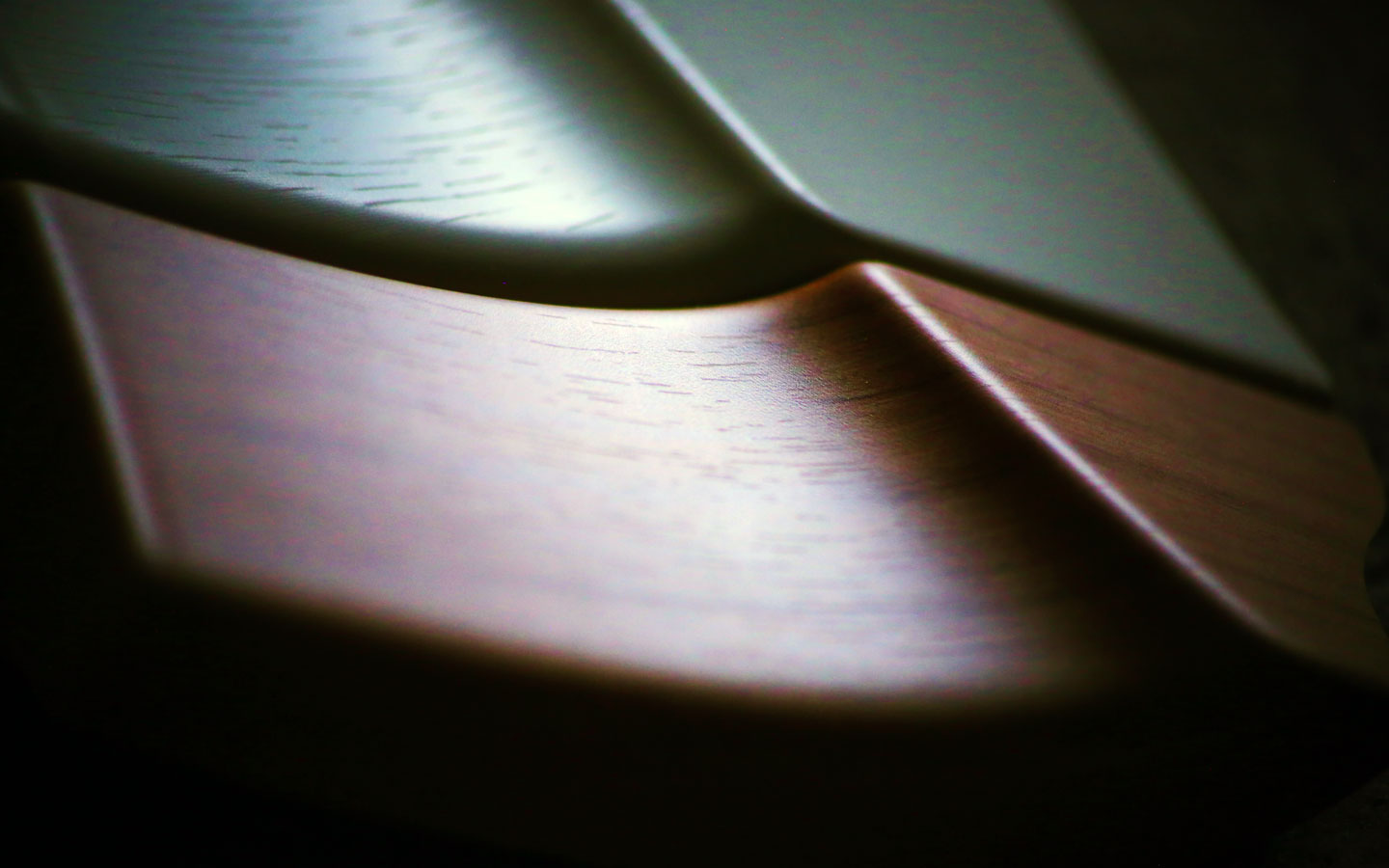Using a plastic vacuum former is a great way to create a range of products, and product parts, that are essential to many industries. Naturally when using a vacuum former, plastics are one of the main components. More specifically thermoplastics. Thermoplastics are a specific kind of plastic that can be heated, cooled and are extremely malleable during the melting process and maintain their shape when cool.
At Plas-Tech, we use a range of plastics when using a vacuum former as they each have their own characteristics and some are more suitable than others for specific jobs.
Acrylonitrile Butadiene Styrene (ABS)
We often use ABS for products that need to be extremely sturdy, can withstand impact, and are strong. It is a common plastic that is often used, particularly for household items or items that need frequent usage.
This is an excellent thermoplastic to use in a vacuum former because of its relatively low melting point.
High Impact Polystyrene (HIPS)
When someone thinks of polystyrene, they often think of something fragile and delicate. However HIPS, although considered a polystyrene, is much more hard-wearing and durable. Similar to ABS, it is a commonly used thermoplastic but it is not used for items where a high level of sturdiness is required, unlike ABS.
Polypropylene
This is another common plastic that is seen in everyday life. Polypropylene is extremely rigid and is often considered to be highly stain resistant because of its combination of synthetic fibres, making it excellent for certain applications.
High Density Polyethylene (HDPE)
When using a vacuum former, HDPE has a slightly higher melting point than the likes of ABS. Another plastic that is commonly found in everyday life, we often use HDPE in our for jobs like underbody applications, as well as being recyclable, they have great impact and chemical resistance due to the fact it can be recycled.
Polycarbonate
Another recyclable thermoplastic, polycarbonate is considered to be impact-resistant and is often used in place of glass due to its naturally transparent appearance. It is also extremely strong and, although it is impact-resistant, it is not scratch resistant.
